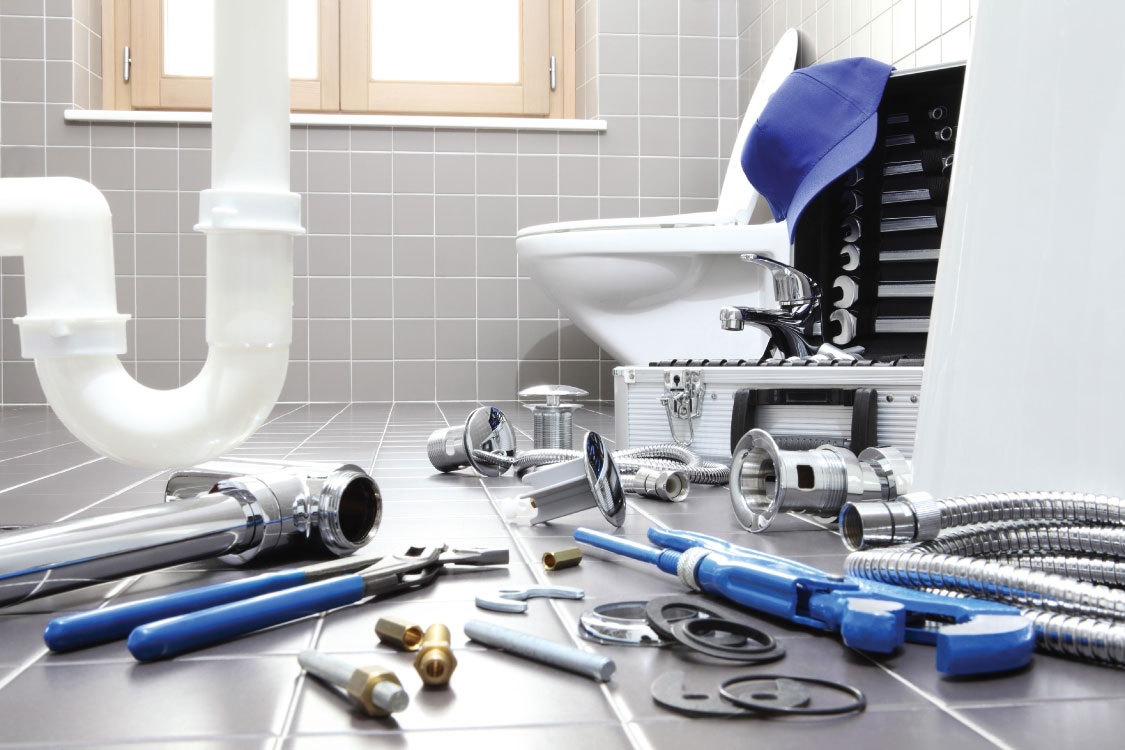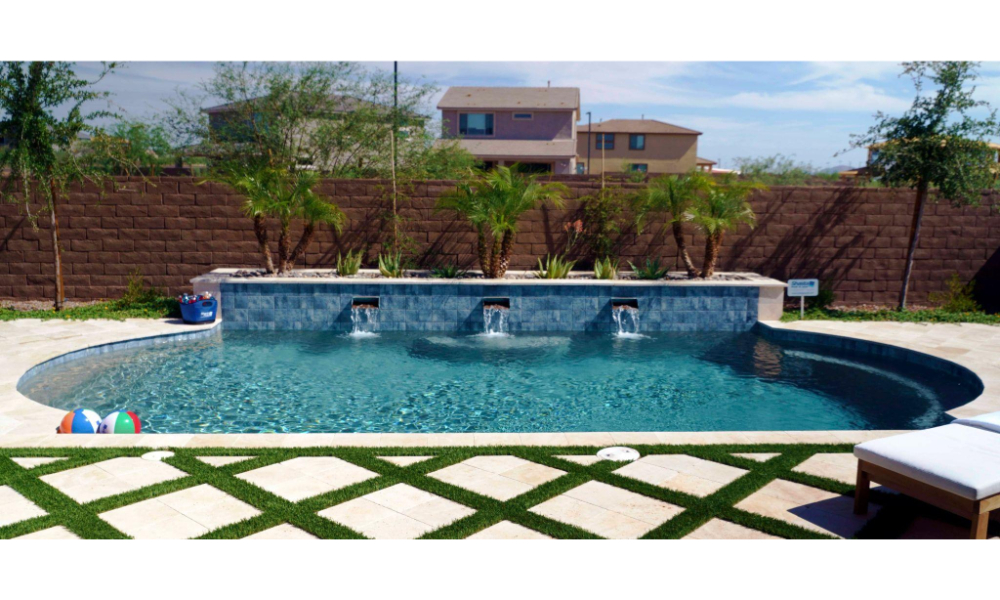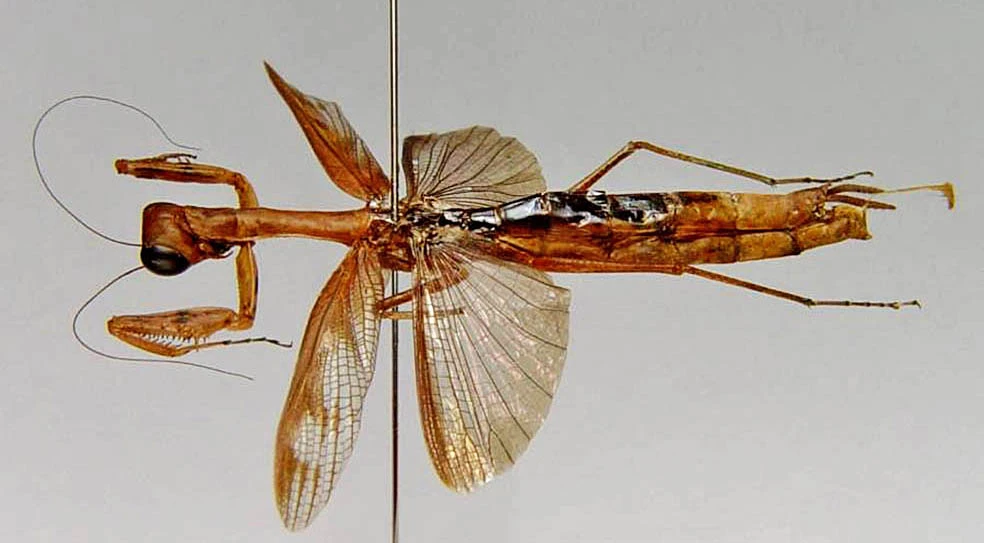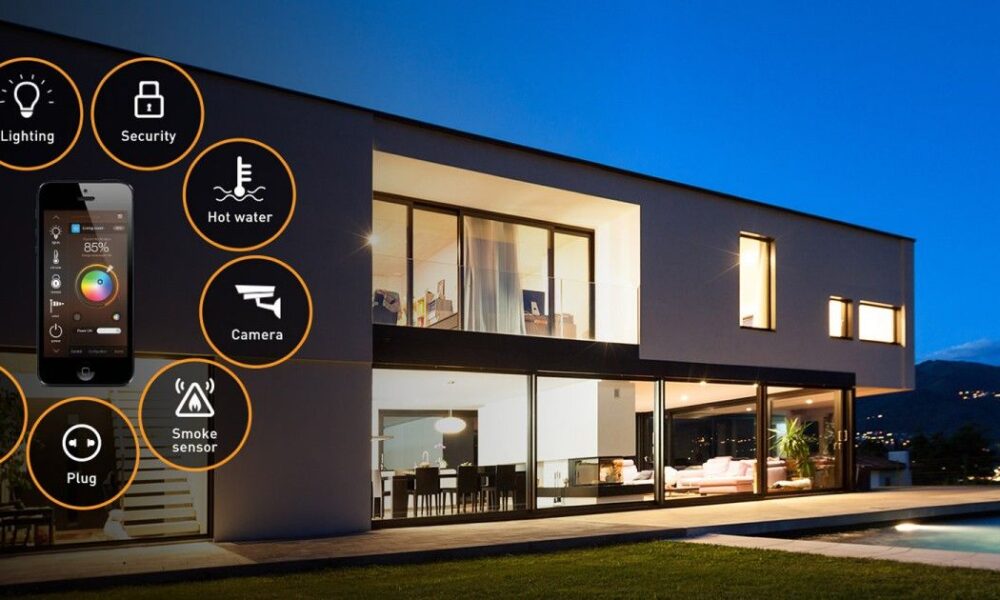Sustainability and environmental friendliness are becoming increasingly important. This also applies to home services like plumbing. There are your plumbing system more eco-friendly, from the materials you use to the practices your plumber employs. Implementing sustainable plumbing solutions is beneficial for the environment while also saving you money in the long run.
-
Repair leaks promptly
Chiswick plumbing may seem like a minor nuisance, but they waste hundreds or even thousands of gallons of water over time. A small drip from a faucet or showerhead wastes 20 gallons per day, while larger leaks hundreds of gallons. Make it a habit to regularly check your plumbing fixtures and pipes for any signs of leakage. If you find a leak, contact your plumber right away for repairs. Fixing leaks promptly not only prevents water waste but also stops the moisture damage leaks cause.
-
Recycle greywater
Greywater recycling systems capture gently used water from sinks, showers, tubs, and washing machines to reuse for irrigation or flushing toilets. Though greywater is for drinking, reusing it for other purposes reduces the strain on freshwater supplies. Basic greywater system redirects drain water to a separate holding tank which is pumped to toilets or outside spigots. More advanced systems filter and treat greywater to sanitize it for indoor reuse. While recycling systems require an upfront investment, most pay for themselves over time through substantial water savings.
-
Improve water heater efficiency
Water heating accounts for up to 18% of home energy use. In order to reduce your household’s water heating footprint, water heater is properly sized for your household’s on the number of occupants and fixtures. Set your water heater’s thermostat no higher than 120°F to prevent wasting energy heating water hotter than needed. Insulate exposed hot water lines to prevent heat loss in transit. Consider upgrading to a tankless water heater which heats water on demand rather than maintaining a whole tank at temperature.
-
Install a rainwater harvesting system
Capturing rainwater for non-potable uses is a time-tested sustainable practice. Rainwater harvesting systems collect and store rainfall from your roof in an outdoor cistern. The stored water is used to irrigate gardens, wash cars, or flush toilets, saving money on your utility bill. The upfront cost of a rainwater harvesting system is $2,000-$3,000 but will pay for itself over time. Additionally, rainwater puts no strain on drinking water supplies. Talk to your plumber about whether a rain harvesting setup would work for your property.
-
Choose green cleaning products
Many conventional drain cleaners and pipe descaling products contain harsh chemicals like sodium hydroxide, sulfuric acid, and trichloroethane. Exposure to these chemicals irritates the eyes and skin. They also harm septic systems and the wider environment once washed down the drain. Instead, opt for natural, non-toxic drain cleaners and descales made from ingredients like citric acid or microbial cultures.
-
Go Paperless with Digital Billing
Traditional paper utility bills and invoices from your plumber result in unnecessary paper waste each month. Opting for paperless billing reduces your environmental footprint. Most utility companies and plumbing contractors now offer digital billing options. Going paperless also makes bill payment faster and more convenient through automatic bank drafts. Some plumbing companies even provide discounts for choosing eco-friendly digital invoices over mailed statements.





